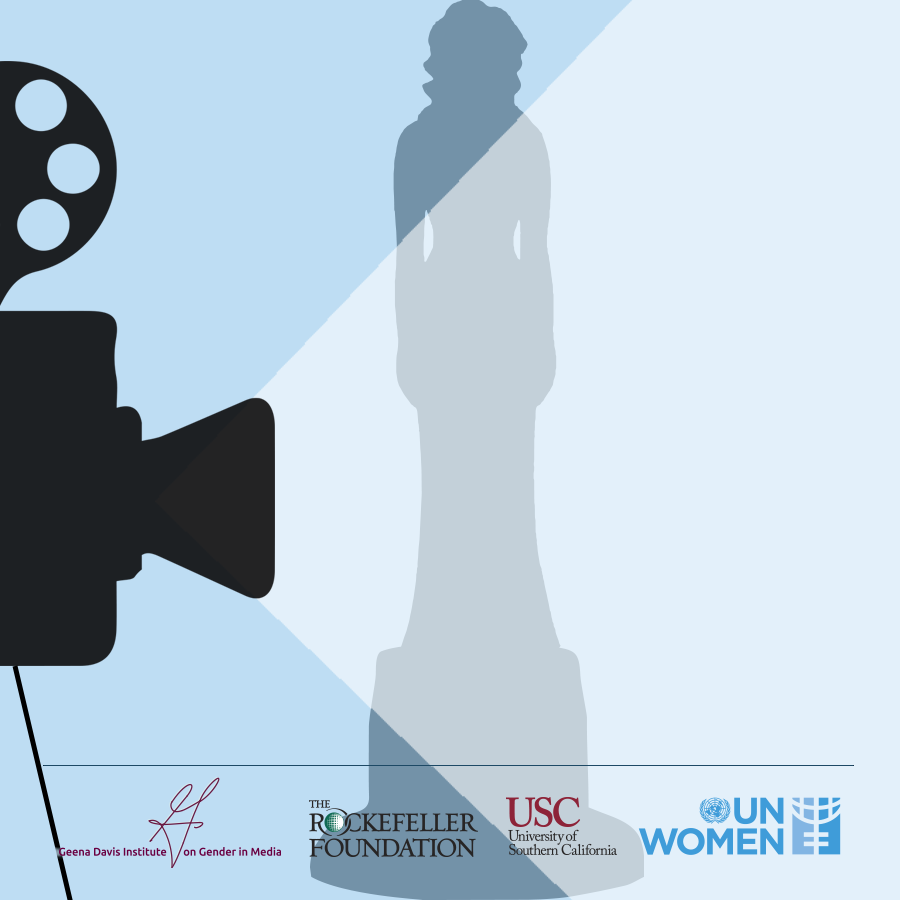Media
The media are potentially powerful channels of information in a society. The messages they transmit can change or reinforce social mores and behaviours, and mobilize citizens to take progressive actions. While, ideally, the media should strive for accuracy and impartiality, in reality there are often imbalances in coverage, including in terms of women and their perspectives. Women politicians, for example, may be under-represented in news before and after elections. There can be a strong preoccupation with women as mainly victims or celebrities.
Our Solutions
At UN Women, we look for opportunities to raise awareness of gender equality among members of the media, including through special workshops and toolkits, so they can begin to practice gender-sensitive reporting. We advocate for more women to work in the media, including in leadership positions. Support for women’s advocates helps them develop communications and media skills so that they can effectively engage with journalists.
In Latin America, UN Women and the International Institute for Democracy and Electoral Assistance conducted the first regional study on the differences in media coverage of male and female candidates in the 30 days before elections. Unseeing Eyes: Media Coverage and Gender in Latin American Elections compiled comparable data from five countries to prove empirically that women receive less and/or biased attention in many cases, and that campaigns still pay limited attention to gender equality issues. The study’s evidence and conclusions have become the basis for a media monitoring manual, Election Coverage from a Gender Perspective, which is a persuasive tool for convincing journalists to pursue more balanced coverage.
Through a partnership between UN Women and UNDP, Latin America’s first network of indigenous media professionals was founded in Ecuador. It is dedicated to fostering the political participation of excluded indigenous peoples, particularly women and youth.
Latest news
-
Gender Disparity in Film
This first-ever global study on female characters in popular films, commissioned by the Geena Davis Institute on Gender in Media with the support of UN Women, reveals deep-seated discrimination and pervasive stereotyping of women and girls by the international film industry. More
